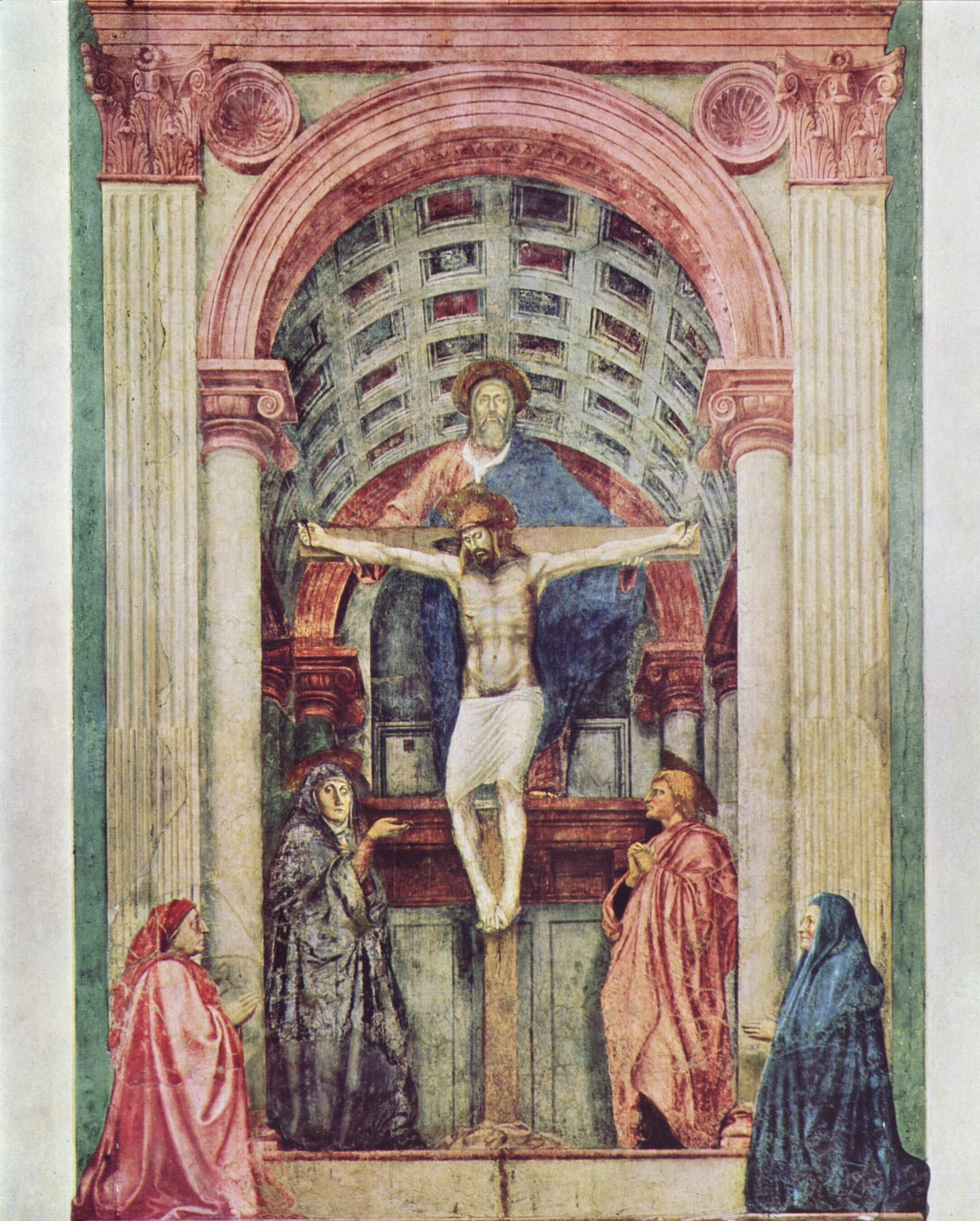Today’s apparently the day which
clergy dread, apparently we are petrified of the fact that today the Church
celebrates the Triune nature of God, and that being required to preach about
it, we might need to know some theology, and explain it to you. Apparently you
don’t want this, though I cannot understand why – how could a Christian not
want to deepen their faith and their understanding? At one level the Trinity
could be seen as baffling: Father, Son, and Holy Spirit, three persons and one
God, not three Gods, but a trinity of persons, co-equal, co-eternal,
consubstantial. Yet what the Church celebrates today is not something abstract
but something concrete and personal.
The
Church is a community, the Body of Christ, a fellowship of the baptised, who
are loved, redeemed, and sanctified, by Father, Son, and Holy Spirit. We like
to think of ourselves as loveable, as fairly good, decent, well-meaning people,
but by divine standards we fail to come up to the mark, we’re not good enough,
and all our efforts cannot make us get to heaven, such us the power of sin, of
the human condition, and yet by the will of the Father, and through the
overshadowing of the Holy Spirit, Our Lord and Saviour Jesus Christ became
incarnate for our sake, and was born of the Blessed Virgin Mary, he showed us
that God was not an angry, vengeful deity, but a loving Father who longs to
welcome his prodigal children. God loves us not because we are loveable, that’s
sin for you, but rather so that in being loved we might become loveable, so
that God’s grace might transform our human nature, and prepare us for eternity
with God. Along the way we will fail, again and again, we will get on each
other’s nerves, but if we seek, give and receive forgiveness, then we can allow
God’s redeeming love and forgiveness to be at work in us: ‘love to the loveless
shown that they might lovely be, oh who am I that for my sake my Lord should
take frail flesh and die’.
Jesus
Christ proclaimed the Good News of God’s love, which some accepted, many
rejected, he was crucified to show us just how much God loves us, wretched
sinful humanity, he sends his Spirit on the Church at Pentecost to strengthen
it, to give it life, to live for God, and in God. We do not deserve it, I
certainly don’t, the fact that I have been ordained does not make me a better
Christian, I don’t have a hotline to the Divine, I can’t ‘have a word with the
Man upstairs about the weather’, it just doesn’t work like that: all I know is
that I am a wretched sinner who needs God’s love and mercy, every moment of
every day. Thankfully, through the comfort of prayer, Holy Scripture, and the
Sacraments of the Church, we can be built up in love – that’s how God works –
we are not left comfortless, or without help or guidance, but like any loving
relationship it cannot be one-sided, we have a part to play, which begins with
our recognising our need for God, and for his love to be at work in us, to seek
his forgiveness, and to be loving and forgiving to others, where we stay close
to the channels of Divine Grace, so that our lives may be filled with them, so
that they can transform our nature. It is an ongoing project, the work of a lifetime
and beyond, which starts with humility, develops through obedience, and
flourishes in charity.
‘For God so loved the world, that he gave his only Son, that whoever
believes in him should not perish but have eternal life. For God did not send his Son into the world to condemn the world, but
in order that the world might be saved through him.’ John 3:16-17 (ESV)
These few words spoken by Jesus to Nicodemus in John’s Gospel encapsulate what
we believe as Christians, and why we believe it, may we live them, strengthened
through prayer, our study of the Bible, nourished by Our Lord’s Body and Blood,
forgiven and forgiving, preparing to be caught up forever in the love of the
consubstantial and coeternal Trinity, God the Father, God the Son and God the Holy
Spirit, to who be ascribed as is most right and just, all might, majesty, glory,
dominion, and power, now and forever.



